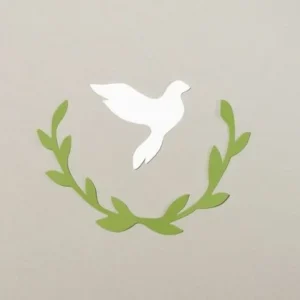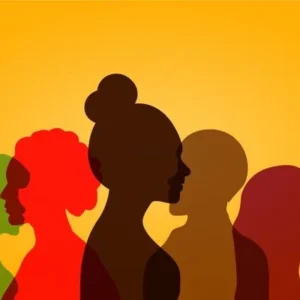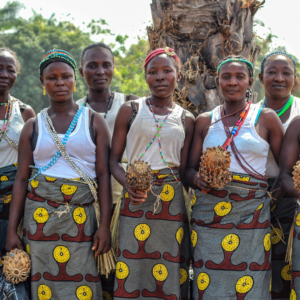Across Uganda, women peacebuilders are actively translating the global Women, Peace and Security (WPS) agenda into tangible change in their communities, mediating conflicts, countering violent extremism, and promoting equality for women and girls. Adopted on 31 October 2000, UN Security Council Resolution 1325 recognized the impacts of conflict on women and girls and codified their right to participate equally in peace processes. The challenge has been ensuring that this global agenda reaches remote villages, refugee camps, and frontlines, where peace must be seeded and nurtured locally by those who understand community needs intimately.
Juliet Mbambu, Executive Director of the Bwera United Women with Disabilities Association, highlights the importance of lived experience in peacebuilding. Diagnosed with polio at age 10, Mbambu overcame immense personal challenges with community support and now leads initiatives to advocate for children with disabilities and their families. In the Kasese District, she applies her experiences to prevent violent extremism through community dialogues and outreach to youth at risk of recruitment by extremist groups. These initiatives empower young people to develop their own action plans to promote peace within their communities.
Youth empowerment is also central to Angel Musiime’s work as a local parish chief and peace mediator in Kyegegwa Town Council. Overcoming personal obstacles, Musiime has helped young boys return to school and supported women in abusive relationships. Training through the Coalition for Action on 1325 (CoACT) strengthened her skills in conflict resolution, leadership, and extending opportunities to others. She emphasizes meeting stakeholders where they are to raise awareness among local religious, cultural, and district leaders about gender equality and the importance of sustainable peace.
Peacebuilder Kabugho echoes the importance of gender-focused approaches, noting that understanding how disasters and conflicts affect women differently is essential to promoting real peace. She supports women experiencing abuse through multiple channels, including community outreach, radio shows, hotlines, and social media, demonstrating the creative and multifaceted approaches women use to address challenges at the grassroots level.
UN Women underscores that women’s participation is critical for societal stability. With support from the Government of Norway, 16 Local Action Plans have been developed across targeted districts, increasing women’s representation on local peace committees from 17 percent in 2022 to 46 percent. In 2024 alone, around 500 community-level conflicts were successfully mediated or resolved by women, men, and youth engaged in these initiatives, showing that locally led, inclusive peacebuilding drives sustainable stability and benefits communities across Uganda.






